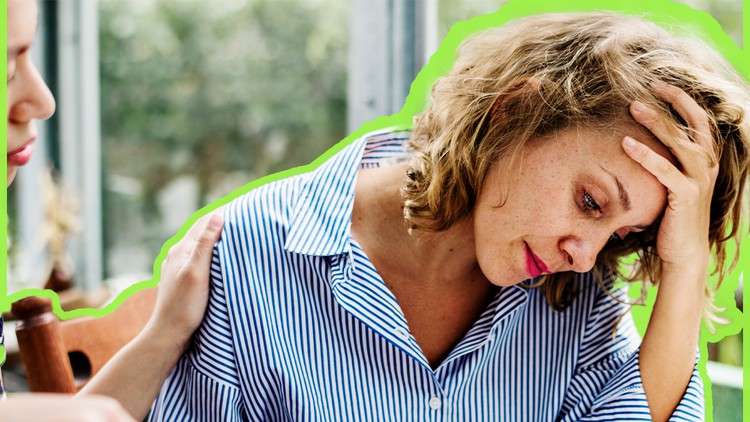
If you have issues with eating then watch this course!
What you will learn
Anxiety Binge Eating History and Theory
The Science Behind Anxiety Binge Eating
The Causes of Anxiety Binge Eating
Techniques and Treatments to Overcome Anxiety Binge Eating
Description
Binge eating is a type of eating disorder characterized by recurrent episodes of consuming large quantities of food in a relatively short period, often accompanied by a sense of loss of control during the eating episode. Unlike other eating disorders, such as bulimia nervosa, individuals who engage in binge eating typically do not engage in compensatory behaviors like excessive exercise, fasting, or purging (such as vomiting or laxative use) following the binge episode.
Key features of binge eating include:
- Consuming Large Amounts of Food
- Loss of Control
- Rapid Eating
- Emotional Distress
- Frequency
- Physical Discomfort
- Eating Alone Due to Embarrassment
- No Regular Use of Compensatory Behaviors
Binge eating disorder is a recognized psychiatric condition listed in the Diagnostic and Statistical Manual of Mental Disorders (DSM-5). It can have significant physical and emotional consequences, including obesity, diabetes, cardiovascular issues, and mental health challenges. Treatment for binge eating disorder often involves psychotherapy, such as cognitive-behavioral therapy (CBT), and may include nutritional counseling and support to address the underlying emotional factors contributing to binge eating behaviors. If you or someone you know is struggling with binge eating, seeking professional help is important for effective management and recovery.
Millions of people binge eat. Many don`t even realise that they binge eat. Yet, in this course you will discover what healthy and unhealthy binge eating consists of. The effects of healthy eating is then given importance in order to the help you and your friends or clients understand the importance of avoiding binge eating.
Content